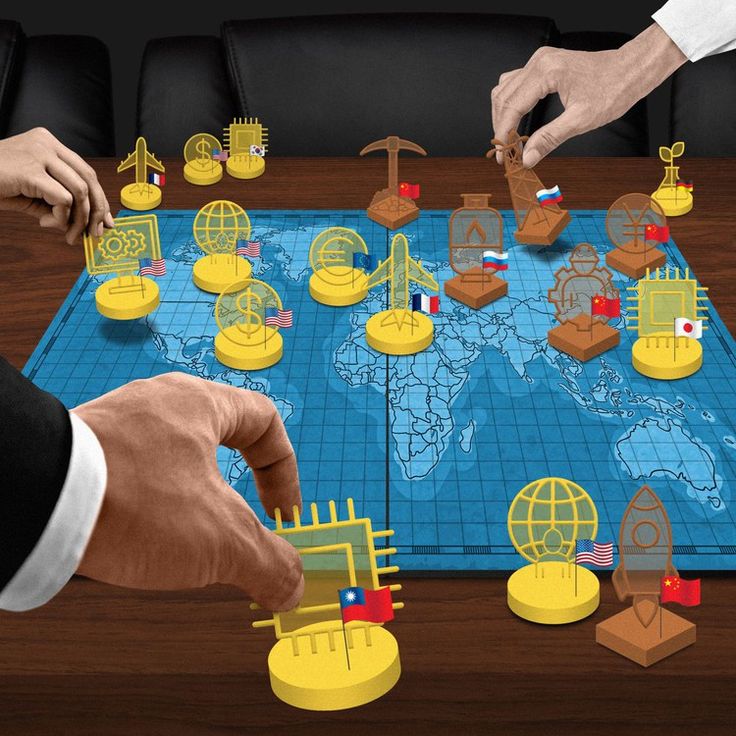impact of war on global economy: What Every Business Should Know
When headlines scream about conflict—like the recent U.S. airstrikes on Iranian nuclear sites—it’s easy to see it as purely political. But the real impact of war on global economy is far-reaching. It doesn’t just make the news—it moves the markets. It creates disruption, volatility, and economic ripple effects felt worldwide.
Whether you’re a business owner, investor, or everyday consumer, the ripple effects of geopolitical conflict are real—and often immediate.
Here’s impact of war on global economy and what you should be watching.

Oil Prices and Energy Costs
Wars in oil-producing regions often send crude oil prices skyrocketing. That’s exactly what happened in June 2025 when the Strait of Hormuz—a passageway for over 20% of global seaborne oil—was threatened following U.S.–Iran tensions.
Brent crude surged past $100/barrel, and fuel costs spiked across the globe.
Why It Matters:
- Airlines and logistics companies raise prices.
- Manufacturing becomes more expensive.
- It starts with the pump, but the price pain ends in your pantry
Tip: To shield your operations from fuel price shocks, explore local sourcing and fuel hedging strategies.
Stock Market Volatility
Markets can price risk—but not chaos. War brings chaos.
When conflict breaks out:
- Investors panic sell riskier assets.
- Defense and energy stocks often rally.
- Tech, travel, and retail stocks usually dip.
In June 2025, the S&P 500 and European indices dipped, while military suppliers and oil companies saw double-digit gains in a week.
Tip: Diversify your investment portfolio to include sectors that tend to perform during geopolitical stress.
Supply Chain Disruptions
War impacts trade routes—especially maritime shipping. Conflict near the Red Sea or Strait of Hormuz can block or delay:
- Oil tankers
- Container ships
- Food and raw materials
The result? Delayed deliveries, higher freight costs, and stock shortages. Just-in-time operations face immediate strain when trade routes are blocked
Tip: Explore nearshoring (sourcing closer to home) or build in buffer stock for critical materials.
Currency & Commodity Instability
War triggers a flight to safety:
- The U.S. dollar, Swiss franc, and gold typically strengthen.
- Currencies in or near the war zone often crash.
- Investors shift to hard assets to preserve value.
As tensions escalated in Iran, investors flocked to safe havens—sending gold to $2,300/oz and pushing local currencies like the rial and lira downward.
Tip: Businesses operating internationally should hedge against foreign exchange risk during unstable periods.
Strategic Shifts in Business Behavior
War forces businesses to adapt quickly:
- Global expansions may pause or be rerouted.
- Multinationals increase geopolitical risk assessments.
- Spending grows on cybersecurity, insurance, and crisis planning.
In 2025, many companies are already rethinking globalization, leaning toward regional trade alliances like BRICS+ and the CPTPP for security and stability.
Tip: Rethink where and how your business grows. Regional agility might be more valuable than global reach in volatile times.
What Should You Do?
Final Thoughts: War is unpredictable—but its economic consequences follow patterns.
Whether you’re a startup, SME, or global enterprise, the smartest thing you can do is anticipate risk before it hits your bottom line.
Actionable Steps:
- Monitor oil, gold, and currency indicators weekly.
- Build supply chain flexibility into your operations.
- Consider geopolitical risk in your expansion plans.
- Diversify your investments and customers.
Want More?
👉 Follow Us for business insights, market analysis, and strategic guides for uncertain times.

Pingback: Ryo Tatsuki 2025 prediction - Impacts on Markets